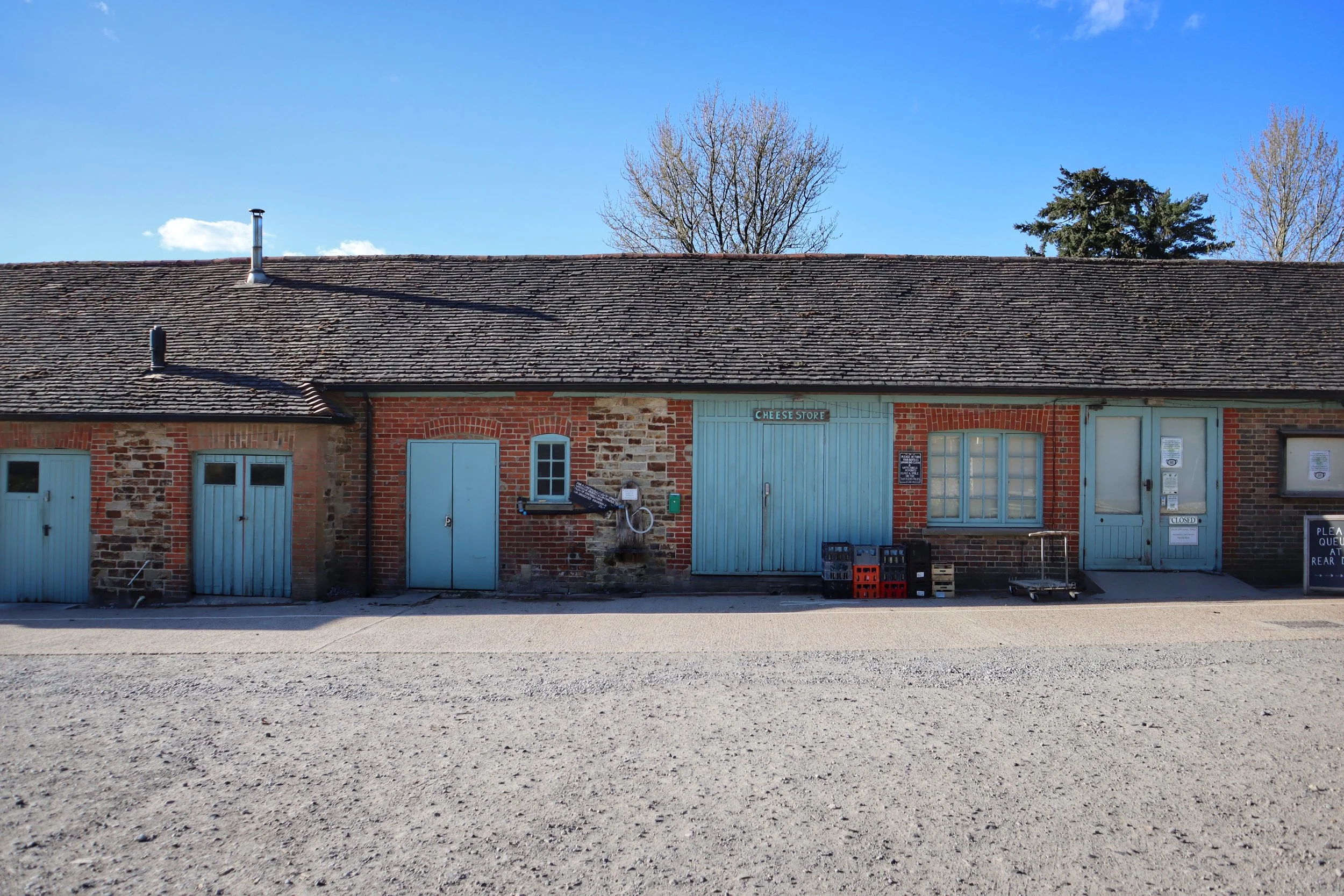Supply and demand
Jenny Thornhill
Recently we’ve seen a real surge in new customers and have also noticed that existing customers are coming much more frequently and seem to be doing the majority of their food shopping with us. These changes are rarely down to one thing, and I believe at the moment there are several reasons:
Firstly, a growing mistrust of supermarkets, their treatment of farmers, the quality of the food and their reliance on ultra-processed food.
A growing awareness of the health dangers of ultra processed food. (It’s not really food if your definition of food is nourishment.)
A desire and a need to take responsibility for one’s own health. Wanting to know where and how our food is produced, so being more environmentally aware and caring how animals are reared and cared for.
Often too, ill health brings new customers. Customers who have lost faith in the treatment being offered conventionally and are looking more at root causes rather than treating symptoms.
When we have new customers, and often they’ve come a long way, the things that bring them to us in the first instance are in particular the raw milk, kefir and yoghurts and the meat, including offal and bones. Then of course they become aware of everything else we do and can’t quite believe that food shopping can be such a nourishing experience. It’s always a good reminder for us of just how fortunate we are in this particular part of Sussex.
I also feel really sad that good food, ‘food that does you good’, isn’t readily available everywhere. It’s such a simple thing really.
Surely no one can deny the damage our present dominant food system does to the health of land, animals, and people. If the will was present in government for a healthy population, then the rest would follow, and the National Health Service wouldn’t be overwhelmed.
Anyway, I’m in danger of going off on a tangent, back to increasing numbers of customers. We love that we’re so busy and that what we do is valued. We really do our best and we are regularly told by customers how much they appreciate and rely on the farm.
Our challenge is this: how to juggle supply and demand. We are able to farm as we do, with real connection and accountability between the farmers, the shop and the customers, because we are a manageable size, a typical small scale mixed farm. As a result, supply is finite.
Our dairy manager, Dom, and I met with Rebecca, our business wizard recently, to talk about meeting the increasing needs of the shop. As we get busier, we need more milk, kefir, and yoghurt available in the shop to meet demand. I hate having to restrict some of these things at times, especially as some customers travel so far for it. However, we can’t just increase the size of the herd, as that requires more land for grazing, more land for growing winter feed, more winter housing (barns), more farmers and of course then more accommodation.
So, we must juggle. As we wholesale yoghurt and cheese, I’m afraid this is where the first cut has to be. This is hard for Rebecca and Kitty in the office as they’re the ones that have to answer the phone to disappointed customers that would normally buy our yoghurt from health shops and delis further afield, distributed by our wholesaler, High Weald Dairy. But in the lower yield time of year this is what has to happen, and indeed we experience it in the shop too as recipients of produce from other small farms.
Dom has said his job, apart from producing fantastic yoghurts and cheeses, is primarily to juggle. He has to decide how the milk he receives everyday from the milking parlour should be used. The first priority is always bottled milk, followed by kefir and yoghurts. Next on the list would be halloumi and in times of plenty of course cream and cheese. But when demand exceeds supply, we have to decide what the priorities are and to accept that someone is going to be disappointed but hopefully understand.






